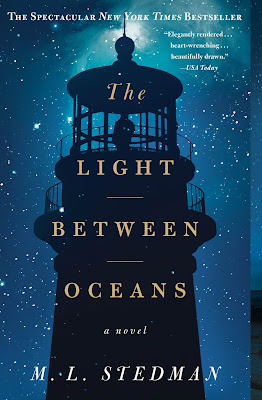"Roadside Picnic" by Arkady and Boris Strugatsky (published 1972)
“Roadside Picnic”, by Arkady and Boris Strugatsky, was
originally published in 1972. It is the book that Andrei Tarkovsky’s cult
classic movie, “Stalker” (1979), is based off. The story describes a Planet
Earth made strange by the visit and quick departure of an unknown alien race.
The title – “Roadside Picnic” – comes from the idea of a family picnic, in
which the family has its blanket and foods (sandwiches, containers, baskets,
grapes, cigarettes, wine, etc.) while the animals – the squirrels and the deer,
etc - watch from behind bushes and trees. The family abruptly leaves, not
picking up after themselves, leaving their trash and litter behind.
In the book, two of the main characters liken the alien
visit to the roadside picnic. What the aliens leave behind after their picnic
are objects so technologically advanced no one really understands how any of it
works (such as a ring that, once spun, never stops spinning), as well as
strange pockets of time and even stranger spaces where time and space collapse,
breaking scientific laws and bewildering humankind. It would be something like
if the squirrels and chipmunks, birds and bees tried to figure out the meaning
of a wine cooler, an empty soda pop can, or a straw basket – but actually,
much, much more weird – like something called a full empty, an extremely heavy
container, which is worth a lot of money. See http://pid.bungie.org/Roadside_Picnic_Artifacts.html
for great descriptions and examples.
The objects left behind by the alien visit created a huge
black market. These objects also created large and legal scientific market; the
market for the only scientific institute left in the world. This institute paid
men to go into the geographical area in which the aliens landed – called “The
Zone” – to retrieve these items to be studied or to be used for other purposes.
“The Zone”: a terribly dangerous place where potential mutations could occur to
the bodies of the men who enter (sometimes and sometimes not), despite them
wearing extremely “impenetrable” suits. Also, one wrong step and a stalker, as
the men who entered were called, might get sucked into a black hole, never
reappearing.
“Roadside Picnic” is unbelievably uncanny and strange – it’s
like reading a surrealistic comedy, drama, and action flick, because
Strugatsky’s writing is incredibly visual, entertaining, and capable of
describing difficult emotional textures:
“He had never felt this outside of the Zone, and even in the
Zone it had only happened two or three times. Suddenly, he seemed to be in
another world. A million smells assaulted him at once – smells that were sharp,
sweet, metallic; dangerous, caressing, disturbing; as immense as houses, as
tiny as dust particles, as rough as cobblestones, and as delicate and intricate
as watch gears. The air turned hard, it appeared to have surfaces, corners,
edges, as if space had been filled with huge coarse spheres, polished pyramids,
and gigantic prickly crystals, and he was forced to make his way through a dark
antique shop full of ancient misshapen furniture… This only lasted a moment. He
opened his eyes, and everything disappeared. This wasn’t another world – it was
his same old world turning an unfamiliar side toward him, revealing it for an
instant, then immediately sealing it off, before he even had the chance to
investigate.”
In another scene it is hard to differentiate if the main
character, Redrick Schuart, has a beautiful human daughter… or a beautiful
daughter who has mutated into a monkey. Either way Red Schuart cares for her
immensely. Strugatsky’s writing is subtle in this way, dropping descriptions in
tiny bits in specific spots, adding a surreal touch to some scenes. It must be
mentioned that the dialogue is sharp, very real, and direct, with beautiful philosophical
undertones underlying all of it.
Ultimately, the book is worth reading because it is a
familiar yet brand new and original apocalyptic story. The apocalyptic story, for many of us, brings
comfort. The unbelievable pressures – almost warlike – that are placed on the
human psyche in this time of rapid change (i.e. industrialization and the
increasingly technological landscape as well as globalization) are given voice
by the apocalyptic story, and especially in “Roadside Picnic”. This is not one
to miss, as it is now considered by many critics as a classic. Humans struggle
with the decaying world in this story but it is different in that it does not
neglect the universal; it has the quintessential alien visit that the best Science
Fiction plots have. Strugatsky’s language gives voice to a civilization of
paranoia, escapism, fear, and blind courage. Sound familiar?




Comments
Post a Comment